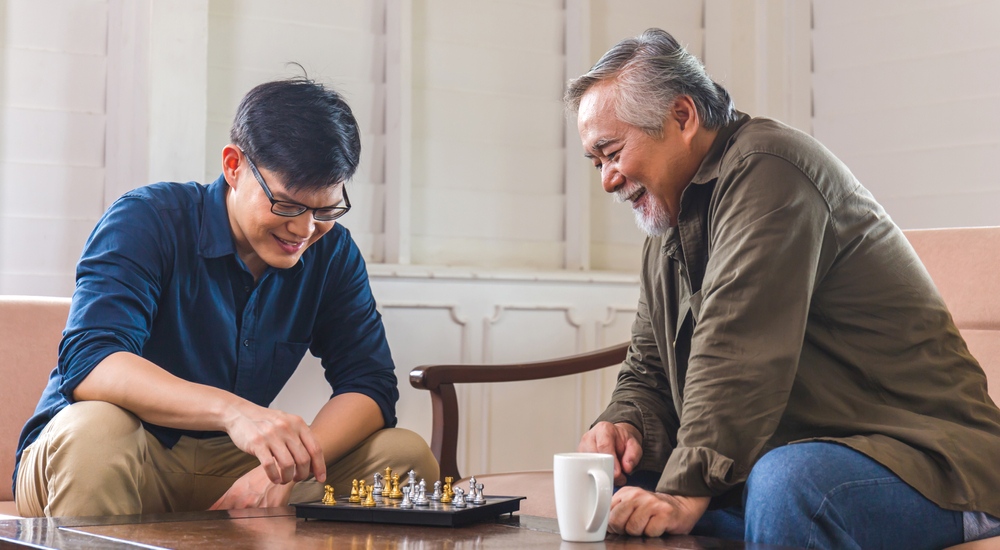Growing old is an inevitable part of life. But conditions that are commonly associated with old age such as aching bones, arthritic joints, or chronic diseases are not circumstances that you have to resign to in your silver years. We outline 4 important lifestyle habits to develop for healthy aging – remember that you’re never too late to start, it’s every little effort that counts!
Regular physical activity
Being physically active is a key foundation in healthy ageing. Numerous studies suggest that staying active has benefits of improved muscle mass, bone density, and flexibility. As seniors, being able to carry out daily activities independently not only gives us the freedom of doing things at our own time, but may also be beneficial for mental wellness as we do not have to rely on others and feel like a liability.
Some exercises may also help to develop a better sense of balance and reduce the risk of falling, which is a major cause of disability in seniors.
Keep your mind active
The elderly is a group that is at a high risk to dementia (decline in mental ability that interferes with daily life) and depression (a disorder that causes a persistent feeling of sadness). This could be because they are more likely to experience events such a bereavement of a spouse or close friend, or a drop in socioeconomic status due to retirement. Keeping your mind active and engaging in activities and hobbies such as learning a new skill, reading, or playing games can help to stave off dementia and depression.
If you have an elderly member in the family, remember to check in with them to see how they are doing from time to time and that their days are gainfully filled. If you know of someone without a family, or feel that this person may benefit from having a social circle, you may refer them to Lions Befrienders. They have activity centres around Singapore and a befriending service that visits seniors weekly to provide social and emotional support.
Routine health screening
As you get older, you are more susceptible to diseases such as the “3-Highs“. If undetected or left untreated, the complications will be more costly and time consuming to treat in the long run. Early detection and intervention can reduce the chances of complications.
The Ministry of Health recommends that those above 50 should routinely check for chronic illnesses and screening of colorectal cancer. If you are female, it is recommended to also include cervical and breast cancer screenings. Speak to a doctor who can discuss with you any additional tests necessary based on other risk factors such as past medical history and family history. Speak to a doctor who can discuss with you any additional tests necessary based on other risk factors such as past medical history and family history.
Nourish your body with the right foods
Ageing is linked to a variety of changes in the body, including muscle loss and a reduced ability to absorb nutrients and vitamins effectively. As we age, we also have a reduced need for calories, yet we need to get just as much nutrients as we did before. A way to get around this without expanding the waistline is to get nutrients from whole foods such as fruits, vegetables, fish and lean meats. Consuming protein rich foods helps your body maintain muscle to prevent weakness, fractures, and poor health.
Elderly individuals also commonly lack micronutrients such as calcium, vitamin D, and vitamin B12. If it is not possible to receive more of these nutrients without being able to maintain a healthy weight or due to a lack of appetite, consider taking a supplement.
It is never too late to start on these good habits!
If you are embarking on a physical program and not used to regular exercise, or need to arrange for a health screening / speak to a doctor regarding additional tests, you can always consult a doctor on demand within 5 minutes via the Doctor Anywhere app.







